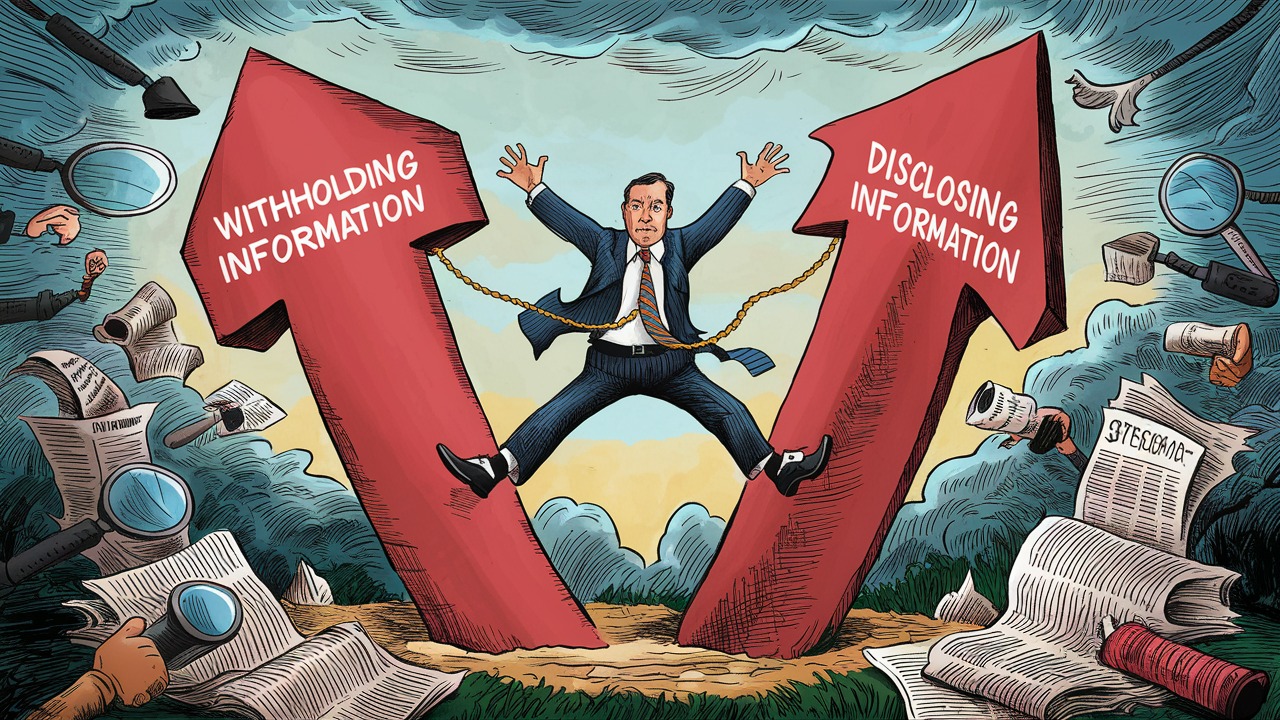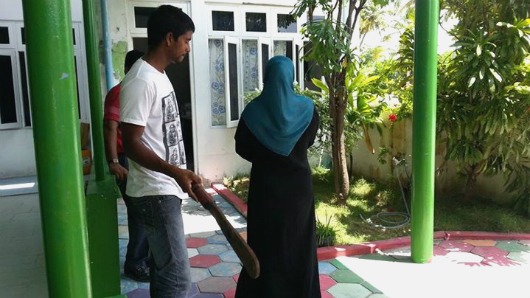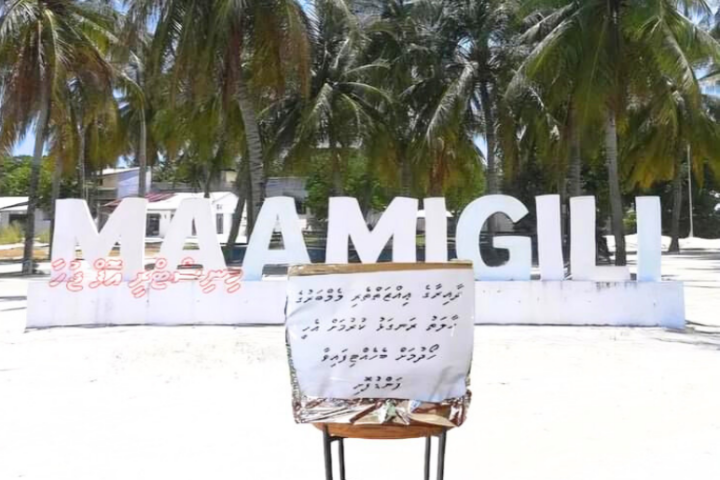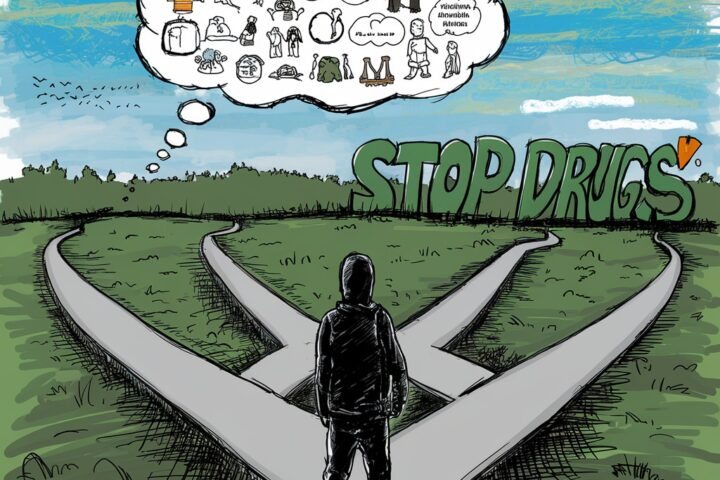In a fervent declaration during his presidential campaign on September 25, Dr. Mohamed Muizzu asserted, “The public and the media will not be kept in the dark. If the public is kept in the dark, there will be no peace in the country.” Promising an era of transparency, he pledged to work closely with journalists and criticized the previous MDP government for its alleged opacity. However, just months into his administration, President Muizzu’s government is grappling with a paradoxical challenge: the double negative exposure emanating from the Right to Information (RTI) process itself.
The term “double negative exposure” encapsulates the dual nature of the negative publicity generated by the RTI system. On one hand, the information revealed—or unrevealed—under RTI is a source of contention. On the other hand, the process of seeking information through RTI often leads to further scrutiny and criticism. Conversations with insiders and informal discussions suggest that tightening the RTI process only exacerbates this issue, resulting in a cycle of negative reporting.
“Transparency and accountability must be embedded in the governing process, irrespective of RTI,” said a senior journalist familiar with the situation. Reflecting on historical lessons, the journalist pointed to the era of President Maumoon Abdul Gayoom. “During Gayoom’s tenure, the tendency to withhold information led to negative reporting, which ironically was a selling point for weekly publications. Once the information space opened up, reporting became more positive.”
RTI, a modern tool for journalists, has its roots in the 1990s when many countries began implementing such laws. Notably, investigative journalism thrived before the advent of RTI, exemplified by Bob Woodward’s groundbreaking work on the Watergate scandal in the 1970s—a time when the United States had no RTI law. This historical perspective underscores that while RTI is a valuable asset, it is not the be-all and end-all for investigative journalists. Savvy reporters rely on a blend of investigative skills, sources, and connections, especially when RTI mechanisms fall short.
Reporters should be adept at probing information and finding leads to report, rather than solely relying on RTI; though the process may be lengthy, it will yield better results, compelling the government to take corrective action. It falls upon the president’s media advisors to prescribe a favorable remedy.
The persistent barrier to effective RTI implementation often lies in the closed culture of the public sector. Ironically, RTI can lead to a double-edged criticism: bureaucrats and government agencies face backlash first for withholding information, and then again for disclosing it under pressure.
Typical cases can be traced during MDP’s Solih administration and as recently as the past six months of Dr. Muizzu administration. This cyclical criticism underscores the need for a natural, unrestricted flow of information to foster genuine transparency.
During President Ibrahim Mohamed Solih’s administration, the RTI was wielded by the media in what some describe as a mischievous manner, leading to governmental embarrassment. This misuse highlighted a double embarrassment: the fallout from withholding information and the misinformation that spread as a result. Clearly, RTI exposes the public sector to heightened scrutiny, but fair and balanced media reporting can drive cultural change as effectively as legislative reforms.
In a move to address these challenges, the Muizzu administration is proposing amendments to the RTI Act, possibly to control the flow of information. The government shouldn’t be oblivious to the fact that in the age of information, when everyone is sitting on the information superhighway, it wouldn’t be very democratic to control the narrative. “The government is proposing the bill to bring about the necessary amendments to promote a democratic environment in the implementation of the law,” said Heena Waleed, government spokesperson for the President’s Office. This decision follows remarks from Information Commissioner Ahmed Ahid Rasheed, who announced an investigation into the President’s Office’s non-compliance with the RTI Act and promised action against those responsible.
The President’s Office has committed to probing instances of RTI non-compliance. A notable case involved the President’s office’s refusal to disclose details of Muizzu’s official visit to Turkey. Commissioner Rasheed emphasized the ongoing efforts to hold the President’s Office accountable. “I would like to inform the public that the Information Commissioner’s Office will continue to investigate why the President’s Office is not implementing this law and who is responsible for it,” he declared.
As the Muizzu administration navigates this complex landscape, the promise of transparency remains under scrutiny, with the effectiveness of the RTI law and the administration’s commitment to openness being pivotal to the country’s democratic health.













